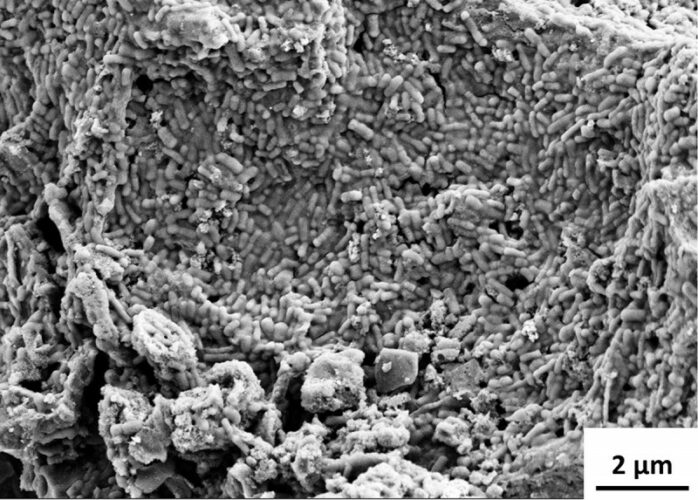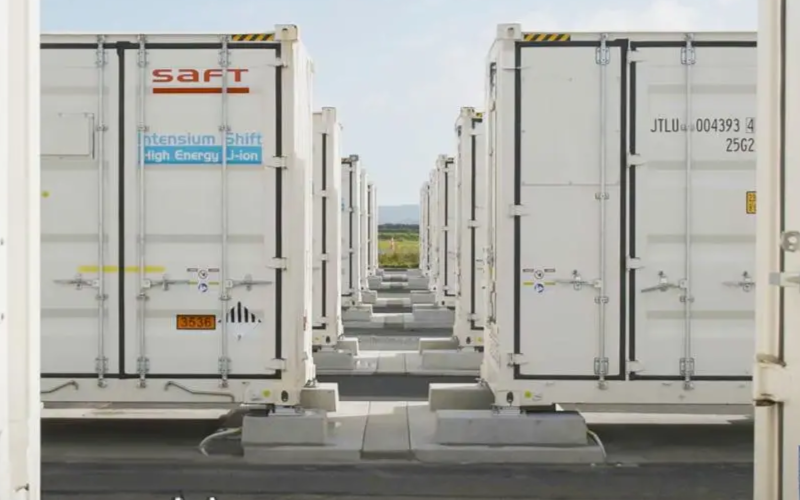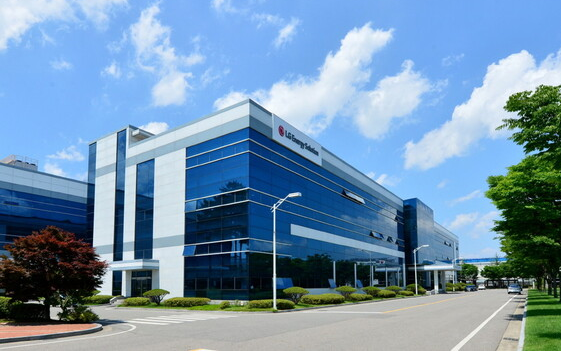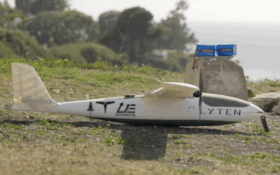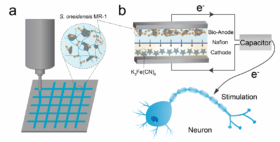Plans to create the Berlin Battery Lab is a step closer to being realised this week following a Memorandum of Understanding (MoU) between three German research institutes.
The MoU was signed by the Federal Institute for Materials Research and Testing (BAM), the Humboldt University of Berlin (HU Berlin), and Helmholtz-Zentrum Berlin (HZB).
The MoU will see the institutes collaborate on everything from basic research to applied research and certification to enable a faster transition from research to industrial application.
The Berlin Battery Lab (BBL) will combine the strengths of the three partner institutions, namely: BAM’s internationally recognised expertise in battery safety and electrochemical energy materials; HU Berlin’s academic research on sodium-ion batteries; and HZB’s research on lithium-sulfur batteries.
The MoU is a significant step in creating sustainable battery research in Germany. The project’s goals include the production of demonstrator cells – including sodium and sulfur.
A pouch-cell laboratory for sodium-ion batteries is scheduled to be built at HZB. The institute already boasts its BESSY II large-scale research facility; the facility allows the analysing of complete cells in situ and during cycling.
BBL is open to industrial partners from across Germany and Europe with existing partnerships, such as with BASF, set to be further expanded.
BAM President Prof. Dr. Ulrich Panne said: “Through close collaboration with the Helmholtz Center Berlin and Humboldt University, we are pooling our expertise and creating a unique research infrastructure.
“This will enable us to bring innovative and sustainable battery technologies to market more quickly and thus make an important contribution to the energy transition.”
Prof. Dr. Christoph Schneider, Vice President for Research at HU: “We will jointly advance the development of sustainable sodium and sulfur batteries with the combined expertise of HZB, BAM, and HU – thus making an important contribution to the successful implementation of the energy transition.”
Prof. Dr. Bernd Rech, Scientific Director of the HZB: “By establishing a new pouch cell laboratory for sodium-ion batteries at the HZB, we aim to strengthen battery materials research in Berlin and gain more industrial collaborations.”
Image: Signing of MoU-Prof. Dr. Ulrich Panne, President of the Federal Institute for Materials Research and Testing (BAM), Prof. Dr. Christoph Schneider, Vice President for Research at HU, Prof. Dr. Bernd Rech, Scientific Director of the Helmholtz Zentrum Berlin (HZB), and Thomas Frederking, Commercial Director of HZB (from left to right). © Uta Sommer / HU



